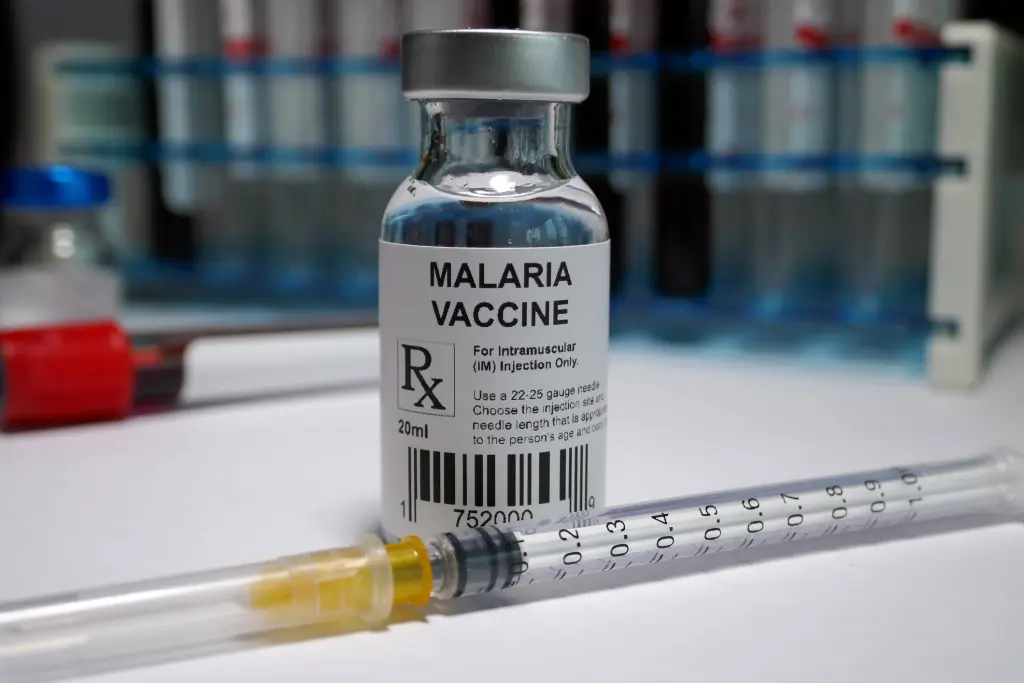Urgent Need for Malaria Funding
Global Leaders Demand Increased Malaria Support
300,000 Lives at Risk from Malaria
BY SHEKWOPEYELO
As the Global Fund Replenishment approaches next year, heads of state and government gathered at the United Nations General Assembly (UNGA) on September 26, 2024, to emphasize the need for increased funding to combat malaria. They warned that without additional resources, the number of malaria cases and deaths could rise significantly.
New modeling from the Malaria Atlas Project indicates that an additional 300,000 lives are at risk. The Global Fund to Fight AIDS, Tuberculosis and Malaria serves as a primary funding source for the control and elimination of these diseases. This organization pools resources from governments worldwide to address AIDS, TB, and malaria in three-year cycles known as Replenishments.
Current models suggest that if malaria funding levels remain stagnant—with the upcoming Global Fund Replenishment reaching only $15.6 billion—the world could face an additional 112 million malaria cases and up to 280,700 deaths over the next three years. These surges in cases will likely occur across Africa.
Insufficient funding has already hampered efforts to combat malaria, especially given rising challenges like insecticide and anti-malarial drug resistance. While new interventions, such as dual-insecticide mosquito nets, exist to counteract resistance, rolling them out requires significant funding. Climate change and humanitarian crises further exacerbate the situation, increasing vulnerability to malaria.
If the Global Fund Replenishment falls to $11 billion and reduces malaria funding, projections indicate an alarming 137.2 million additional malaria cases and up to 337,000 additional deaths.
Currently, the funding gap exceeds $1.5 billion, making it impossible to maintain services at 2023 levels. With new challenges emerging, even this amount will fall short of addressing malaria effectively.
President Umaro Sissocco Embaló highlighted these projections during a fireside chat titled “Confronting the Malaria Perfect Storm,” hosted by the African Leaders Malaria Alliance. He urged immediate action in this Replenishment cycle to prevent a resurgence of malaria.
Dr. Michael Charles, CEO of the RBM Partnership to End Malaria, stressed that failure to increase funding will heighten the risk of malaria epidemics. He noted that high-burden areas often struggle to deliver critical prevention services. “Lower-income countries, particularly in Africa, bear the brunt of malaria’s impact, despite their limited ability to fund solutions,” he stated.
Allocating funds from the Global Fund Replenishment presents challenges, as all three diseases demand urgent attention. However, Dr. Charles emphasized the necessity of increasing malaria funding to avert widespread resurgence. He warned that a failure to act will lead to rising cases and mortality, disproportionately affecting women and young children.
The consequences of neglecting malaria will push more people into poverty and overwhelm fragile health systems. This economic fallout will resonate globally. The international community must prioritize funding to protect vulnerable populations, starting with the Global Fund Replenishment.
